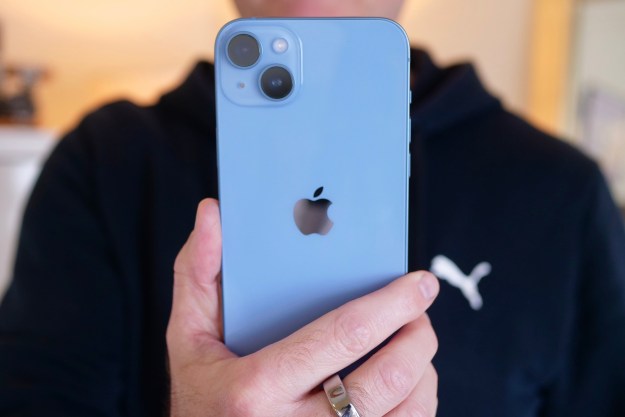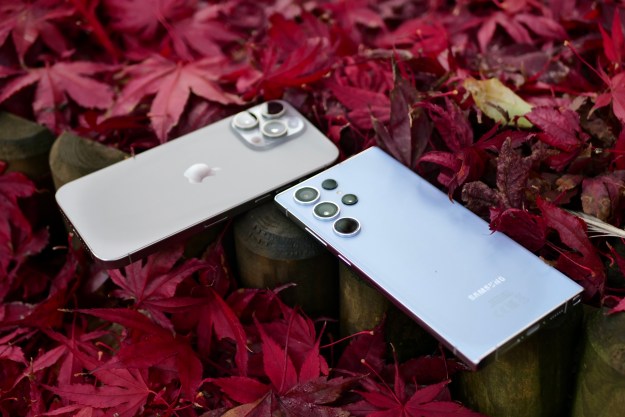
According to the “Managing App Store Ratings and Reviews” section in the iOS 10.3 beta, when the latest operating system ships to customers, “You will be able to respond to customer reviews on the App Store in a way that is available for all customers to see.” The fine print also notes that by using the SKStoreReviewController API, developers “can ask users to rate or review your app while they’re using it, without sending them to the App Store.”
It’s a welcome change for iOS developers, and one that feels severely overdue. After all, Android developers have long had the option to respond to reviews on the Google Play Store. And this ability is about more than saving face — addressing a negative review can often help to clear up confusion about a feature, or inform users about a bug fix, or share news on updates.
Having a dialogue between the developer and the user may also help with transparency, and encourage others to try out the app. And given the increasing popularity and ubiquity of these applications, having more information at our fingertips is always good.
Also included in the new iOS are a couple other updates — there will be a ‘Find my AirPods’ option, as well as more robust Siri integration into various apps.
You’ll still have to wait a couple months for iOS 10.3, as it remains in beta for now.
Editors' Recommendations
- iOS 17.5 just launched with a huge security feature for your iPhone
- There’s a big problem with the iPhone’s Photos app
- When will Apple release iOS 18? Here’s what we know
- The 7 biggest features we expect to see in iOS 18
- This could be our first look at iOS 18’s huge redesign


